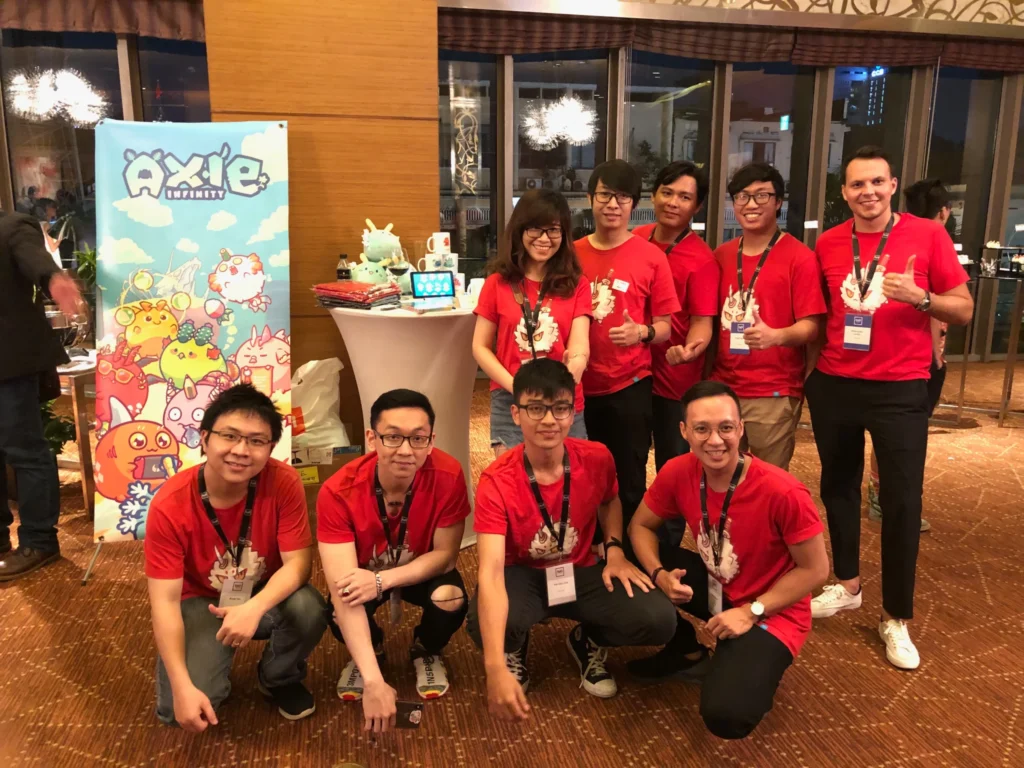Metaverse in 2025: 7 Essential FAQs to Understand Where It Stands
The metaverse trend has gone through its hype cycle. In 2021, it was a buzzword. By 2023, it was a punchline. But in 2025? It’s quieter, more focused — and still very much in motion. Below, we break down seven frequently asked questions that offer a reality check on where the metaverse stands, especially through the lens of Web3 gaming and Vietnam’s evolving digital ecosystem.
1. Is the metaverse trend dead or just rebranded?
No, the metaverse trend isn’t dead. It has simply moved out of the spotlight and into the lab. Public discourse has cooled, but builders haven’t stopped. Big tech has pivoted to AI, yet in background corners — including Asia — developers continue to create immersive digital layers for work, play, and education. Today, we see smaller, more focused virtual environments rather than open-world fantasies.
2. Has Web3 gaming evolved or stalled?
Web3 gaming is still active — but it’s no longer riding a wave of hype. Instead of focusing on “play-to-earn” mechanics, developers are prioritizing sustainable game loops and user experience. Interoperability, asset ownership, and decentralized governance remain core ideals. Particularly in Asia and among Vietnamese blockchain gaming startups 2025, games are being designed with mobile-first strategies, not speculative tokenomics.
3. What role does Vietnam play in the 2025 metaverse space?

Credit from www.mavia.com
Vietnam continues to punch above its weight. Despite lacking formal crypto regulations, local talent and startup spirit fuel the country’s presence in the metaverse trend. Projects like Sipher, Ancient8, and Heroes of Mavia remain active and are moving beyond mere hype into functional ecosystems. Vietnam’s young, tech-savvy population and mobile-first infrastructure also make it a fertile ground for Web3 gaming Vietnam projects.
4. Are users still engaging with metaverse platforms?

Credit from Market.us Scoop
Yes — but in niche, focused ways. Gone are the days of massive corporate-sponsored VR worlds with no clear use. Now, it’s about smaller applications: virtual art spaces, blockchain-integrated educational platforms, and avatar-based social events. In Vietnam, some startups are experimenting with metaverse technology adoption in fields like tourism and job training simulations. Utility is the new currency.
5. What are the risks of investing or building in this space now?
Several risks remain in 2025:
- Regulatory ambiguity: Especially in Southeast Asia, including Vietnam, clear legal definitions for crypto and virtual assets are still pending.
- Market fatigue: After years of ups and downs, many users remain skeptical.
- Technical gaps: Interoperability and performance remain real hurdles.
Still, those who continue to build are more experienced — less speculative and more grounded.
6. What’s happening with Vietnamese blockchain gaming startups in 2025?

Credit from KrASIA
They’ve become more pragmatic. While funding isn’t flowing like it did during the bull runs, some developers have shifted focus to regional players and mobile-optimized platforms. Blockchain games in Vietnam now aim for measurable KPIs: user retention, transaction volume, and long-term economies rather than buzz. Some startups are also exploring cross-chain gaming mechanics and AI integration.
7. Will the metaverse trend still matter five years from now?
It might not be called “the metaverse,” but immersive, gamified, decentralized experiences will likely be even more embedded into our digital lives. As Web3 and metaverse market trends in Vietnam mature, and global platforms prioritize utility over spectacle, the dream persists — just in a quieter, more usable form. So yes, the metaverse trend still matters — it’s just stopped shouting about it.
Conclusion on Metaverse trend: A Quieter Metaverse Still Marches On

Credit from IMARC Group
The term “metaverse” may have lost its buzzword status, but its foundational ideas — persistent digital identity, user-owned assets, and immersive interaction — remain relevant in 2025. From Web3 gaming innovation to Vietnam’s scrappy but resilient startup scene, the metaverse is still evolving. It’s just doing so without the headlines.





